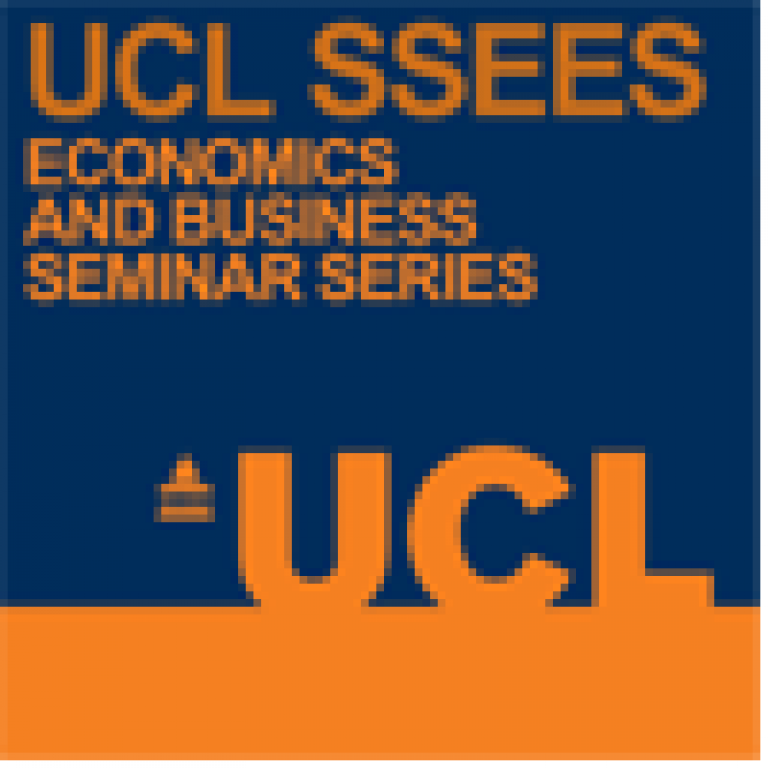The Political Economy of Crisis Adjustment in Central-Eastern Europe: Economic Prosperity and Social Cohesion After the Crash
27 January 2015, 5:00 pm–6:30 pm

Event Information
Location
-
Torrington (1-19) B17 Basement LT, UCL
Daniel Kral (UCL SSEES)
Having previously been shielded from periodic turmoil in the global economy, the financial crisis of 2008/9 has presented an unprecedented challenge for the political economies of Central-Eastern Europe (CEE).
Demonstrating the inability of models devised for their Western counterparts to adequately capture the capitalist variety on Europe's Eastern periphery, the article begins by proposing a novel theoretical framework for an analysis of the process of crisis adjustment in CEE. Hypotheses relating to post-crisis economic performance and the distribution of social costs are tested. Three distinct logics of adjustment are identified. In the Baltic states, a logic of extreme political rigidity, unmatched economic flexibility and enhanced social Darwinism; in the Visegrad states, one of political sclerosis, economic rigidity and selective social compensation; and in Slovenia, one of political fragility, economic implosion and generous cost-compensation. Notably, all three groups of countries are found to have relied extensively on one-off instruments to address the fallout from the crisis. The episode bears lasting implications for the fundamental constellations of East European variants of capitalism.
 Close
Close

